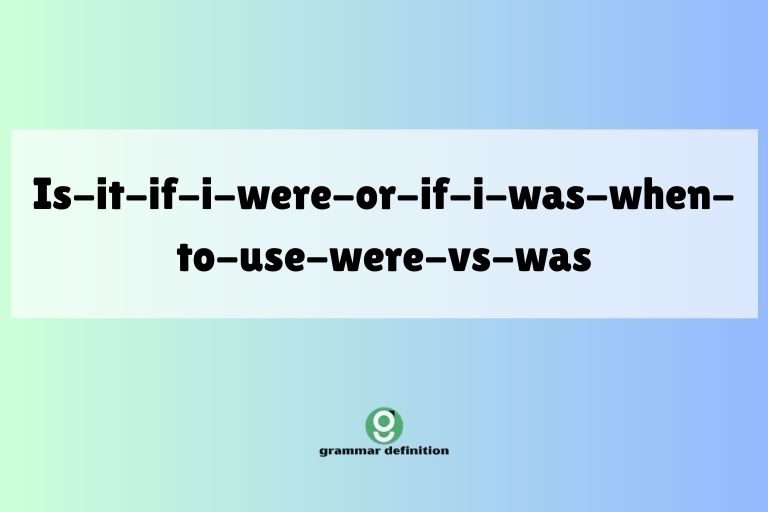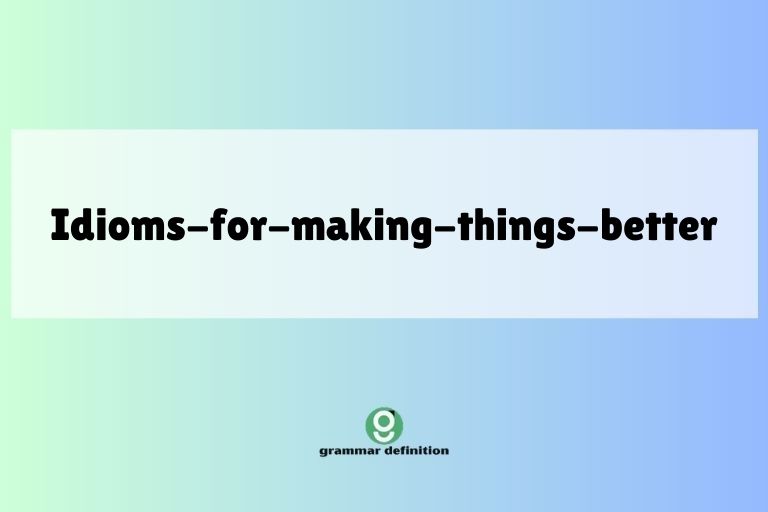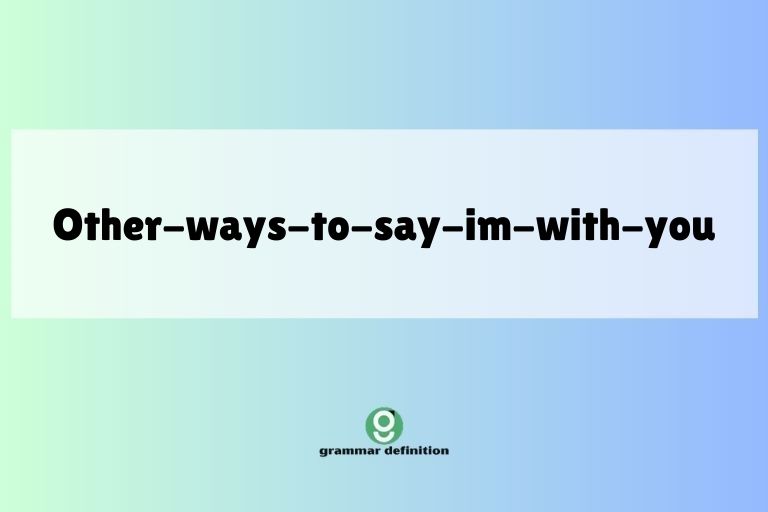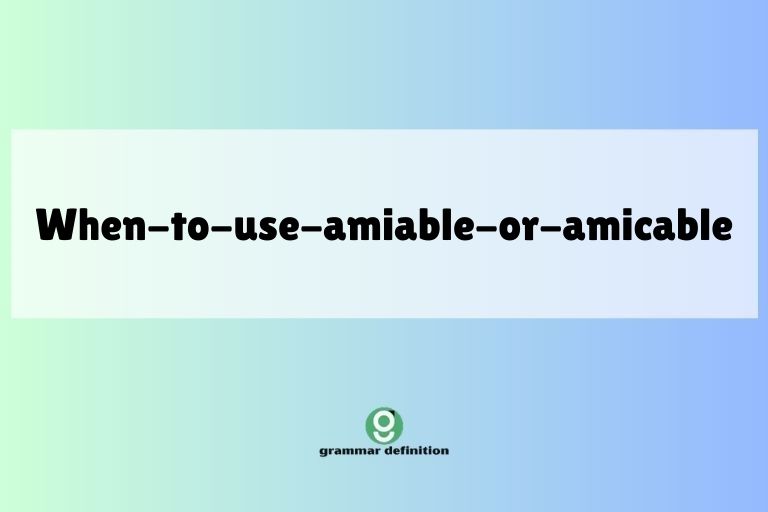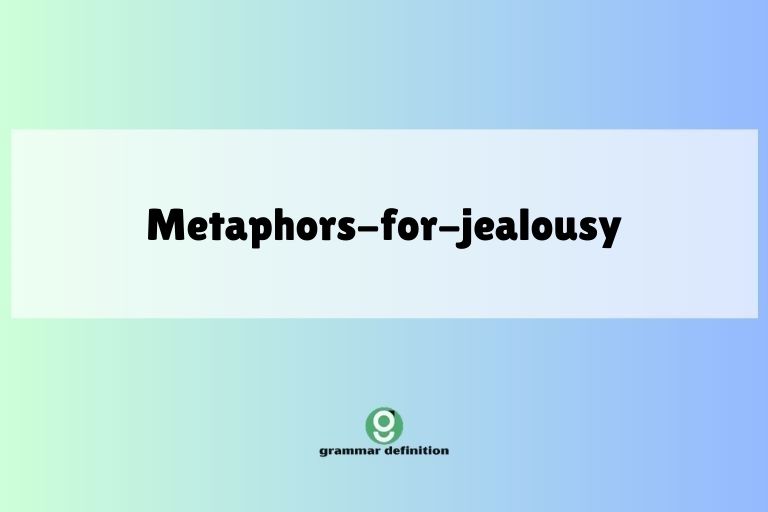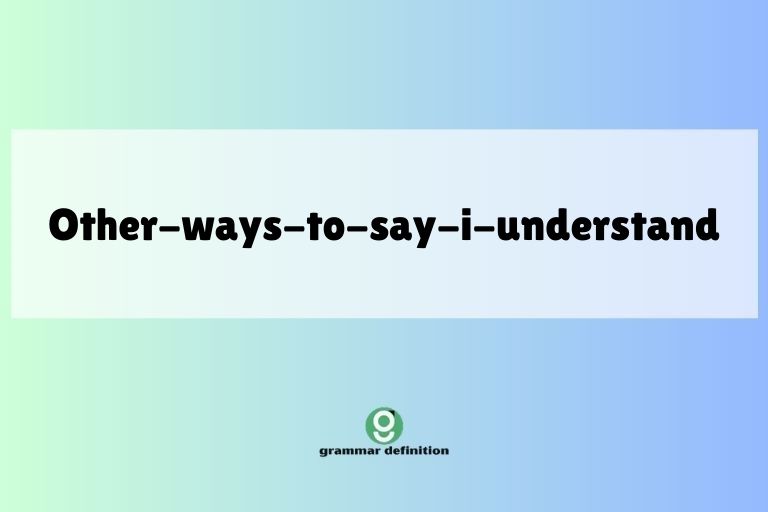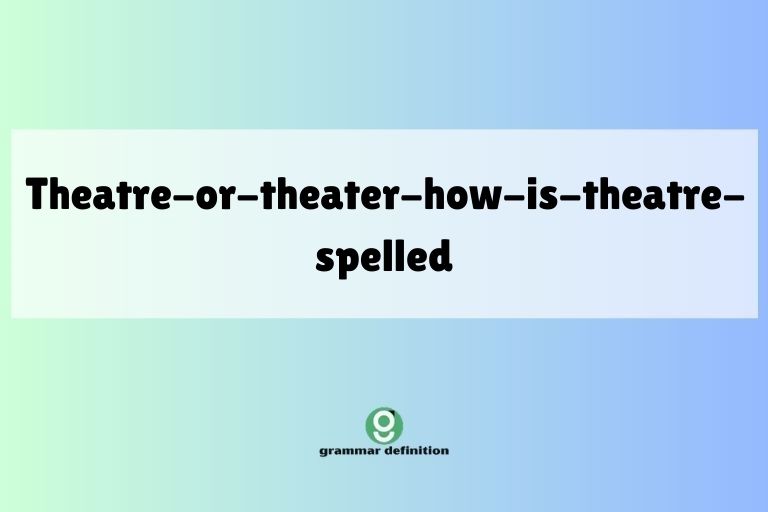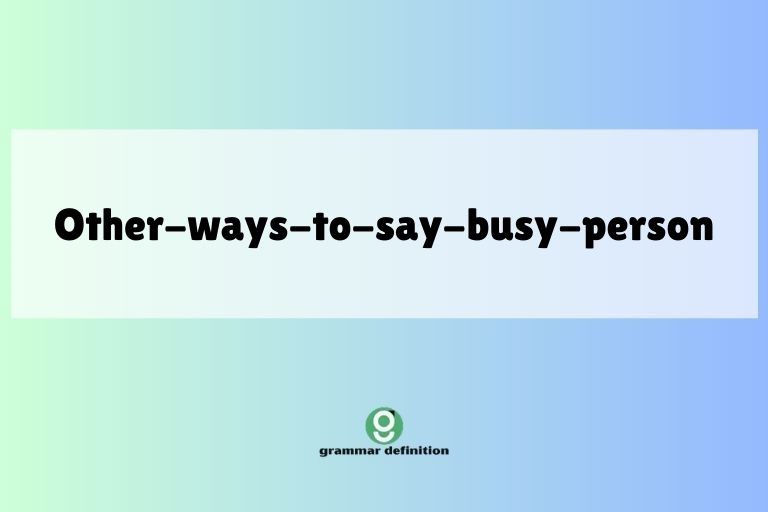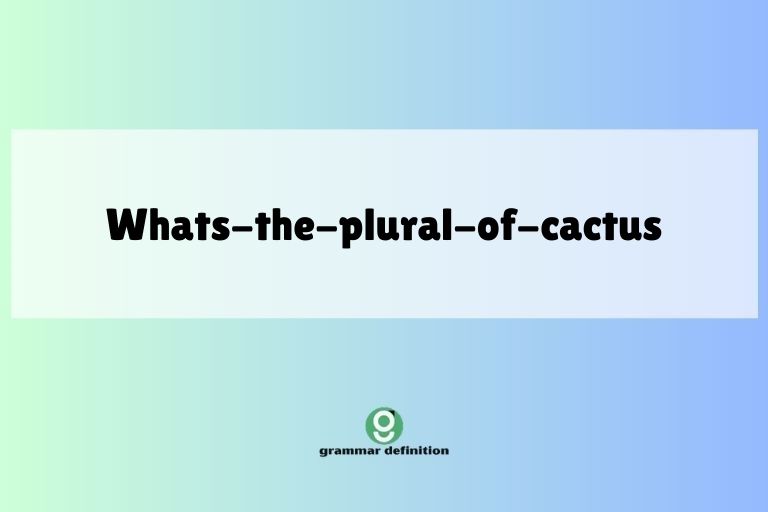“If I Were” vs. “If I Was”: Mastering the Subjunctive Mood
Understanding the nuances between “if I were” and “if I was” is crucial for mastering conditional sentences and expressing hypothetical situations accurately. This distinction, rooted in the subjunctive mood, often confuses English learners. Knowing when to use each form enhances the clarity and sophistication of your writing and speech. This article provides a comprehensive guide … Read more

